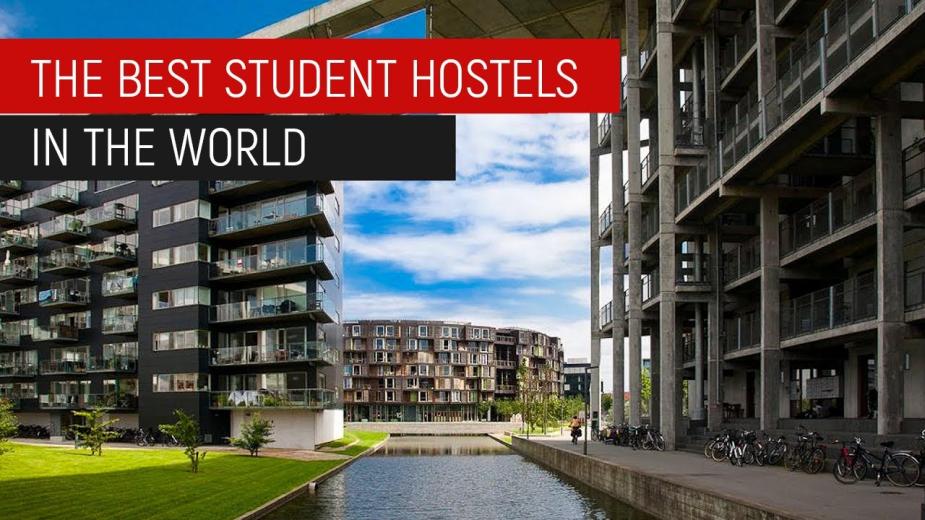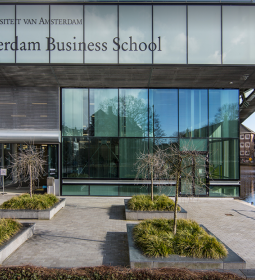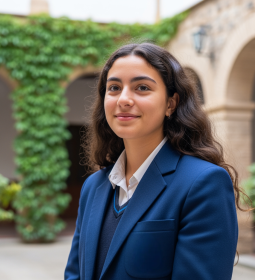Germany annually offers a large number of interesting master's programs to visiting students from abroad. German master's programs are famous for their high quality, which is why they are known all over the world.

Advantages of getting Master's degree in Germany
- Free tuition in German (administrative fee only)
- Many programs are provided in English
- Possibility of further employment
- A chance to travel around Europe
- Quality education.
The main language of instruction in the country is German. However, the number of master's programs in English is increasing in German universities every year - if earlier they were mainly in private universities, now more and more English-language courses appear in public ones.
Confirmation of the level of the language is a mandatory requirement for admission to the magistracy. If you have chosen a program in German, any of the following certificates will do:
- TestDaF – TDN-4 and above
- DSH - DSH-2 and above
- Goethe-Zertifikat — C2.
During the academic year in the magistracy, students can work 120 hours per year with a full or 240 hours with part-time work (without an additional work permit from the Federal Employment Agency). According to the laws of Germany, all students who have successfully completed a master's degree have the right to a quiet job search for 2 years. This time is enough for young professionals to get used to it and manage to prove themselves to employers. The duration of the master's degree is from 1 year (2 semesters) to 2 years (4 semesters).
Popular Master programs in Germany

- Law, Politics, International Relations
- Business, Management, Economics, Marketing
- Hotel, tourism, event management
- Computer Science, IT
- Finance and accounting
- Journalism, PR and Communications
- Design and Fine Arts.
The academic year consists of two semesters - winter and summer. Documents for admission can also be submitted 2 times a year for the winter or summer semester. The last day to apply for the summer semester is June 15 – July 15. The last day to apply for the winter semester is December 15 – January 15.
It is important to know that German universities do not pay scholarships, but opportunities for financing studies can still be found. Options:
- Scholarship loan (state scholarship-loan with a maximum amount of 850 € per month)
- Scholarship from sponsors under the program "Scholarship of Germany" = 300 € per month.
Ludwig-Maximilians-Universität München (LMU) = from $1000/year

A large German university offering foreign applicants to become students of the following faculties:
- Management and business
- Medicine, jurisprudence
- Veterinary Medicine
- Philosophy, philosophy of science and religion
- Psychology and Teaching Sciences
- Cultural Studies
- History and arts
- Mathematics, computer science and statistics.
In total, the university offers 126 master's programs.
Freie Universität Berlin = from 900€/year

A large university in Berlin, which has an impeccable reputation in terms of preparation of versatile specialists and is one of the elite higher education institutions. Here you can study:
- Humanitarian field of knowledge
- Social sciences
- Natural science
- Medicine.
Reasons to study at the Free University of Berlin
- Excellent conditions of study and accommodation
- Accessibility of education
- Strong areas: medicine and psychology
- Great location
- Quality programs in German and English
- Intercultural environment.
Rheinische Friedrich-Wilhelms-Universität Bonn — University of Bonn = from 580€
Modern higher education in Germany at affordable prices.
Reasons to study at Rheinische Friedrich-Wilhelms-Universität Bonn
- High level of teaching and research
- Good reputation and high performance of research work
- Huge potential for researches
- A high percentage of employment of graduates.
Other German universities with average tuition fees:
- Munich Technical University — 135$
- University of Heidelberg — 1000$
- University of Munich — 1000$
- University of Freiburg — 328$
- University of Göttingen — 738$
- Karlsruhe Institute of Technology — 3460$
- University of Technology Dresden — 1000$
- University of Stuttgart — 381$
- Berlin Technical University — 1000$
- University of Cologne — 577$.

In order to enter Magister's program in a German university, you will need the following documents:
- Bachelor's degree and academic transcript
- Language certificate in English or German
- Certificate of financial solvency and medical insurance for visa processing
- Letters
- Motivation letter
- Resume.
To obtain a student visa, you must collect the following documents:
- Applications in German for permission to stay in the country
- 3 color photos
- Passport with two copies of the page with personal data
- passport and two copies of pages with personal data and registration stamp
- Motivation letter
- A document on financial solvency, indicating that the student has from 8000 euros per year
- Two copies of diploma or certificate
- Biography
- Certificate of proficiency in the language of instruction at the university
- Medical insurance.










